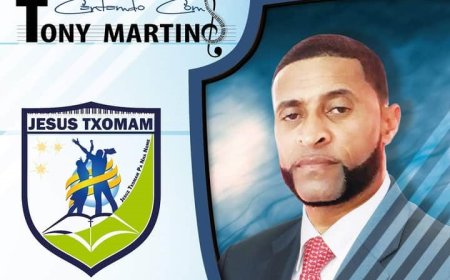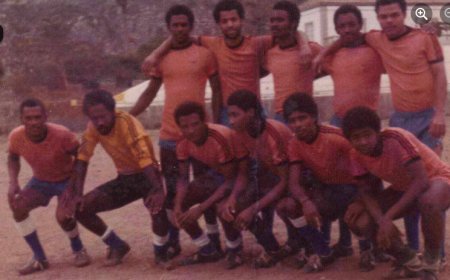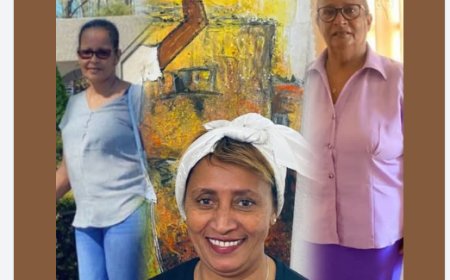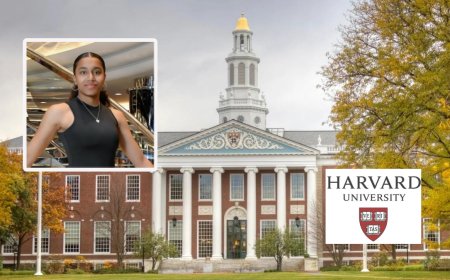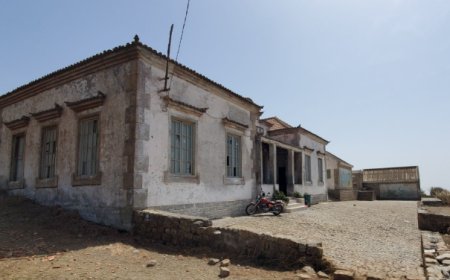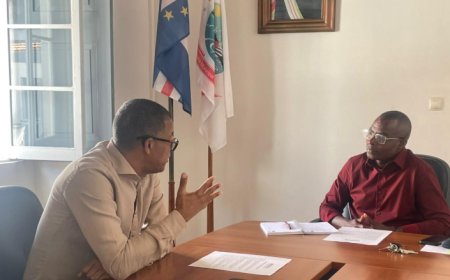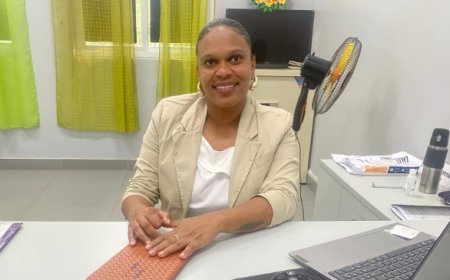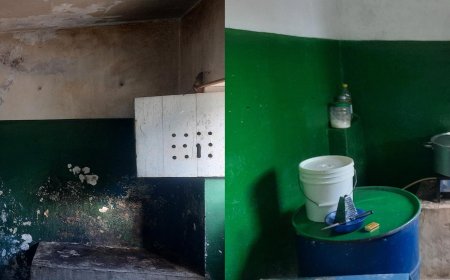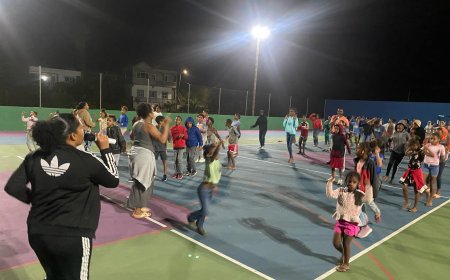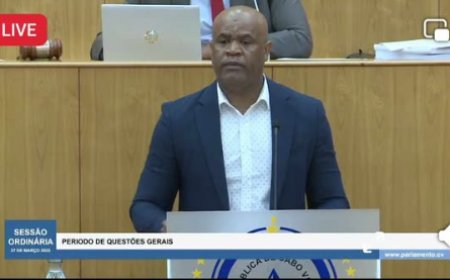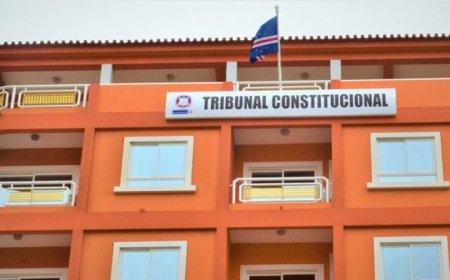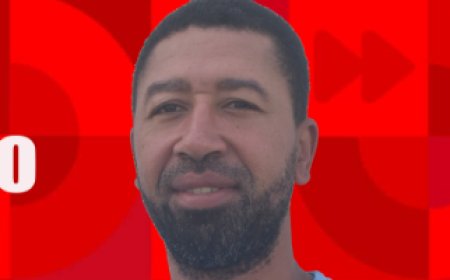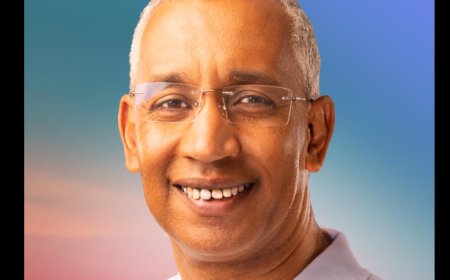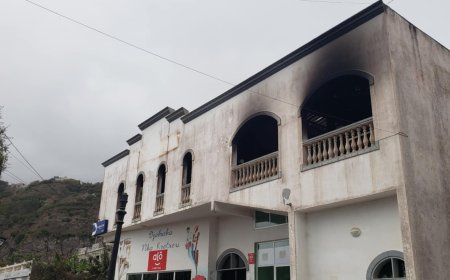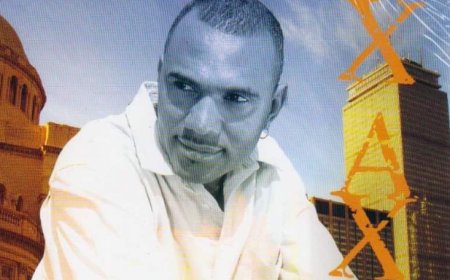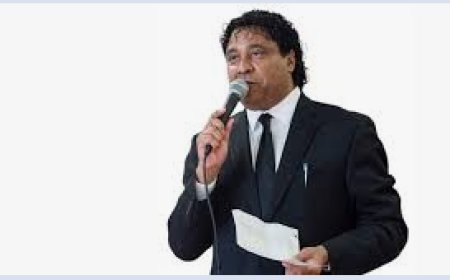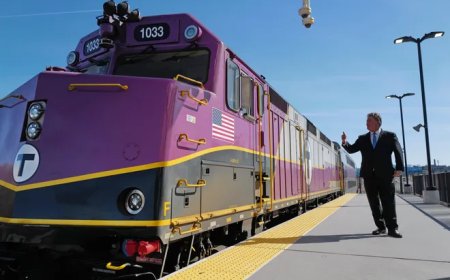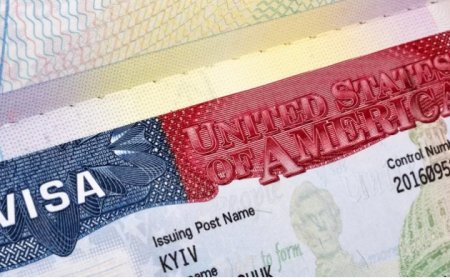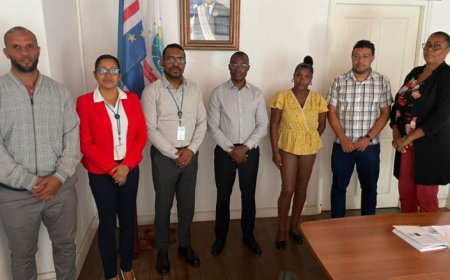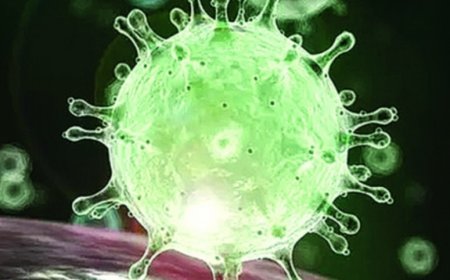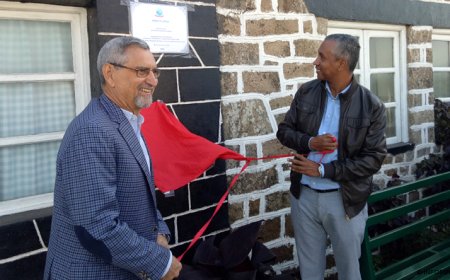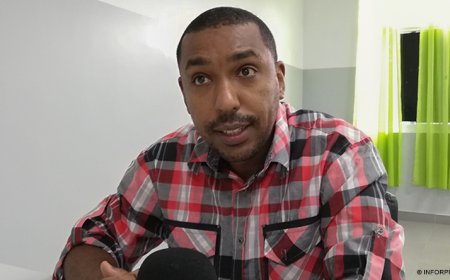Brava: PR says that damage caused by the landslide in Fajã d'Água "is very high" and requires a lot of work
The President of the Republic told Inforpress today that the damage caused by the rockfall that left the town of Fajã d´Água, in Brava, isolated, “are enormous” and requires “a lot of work” to guarantee passage through this route.
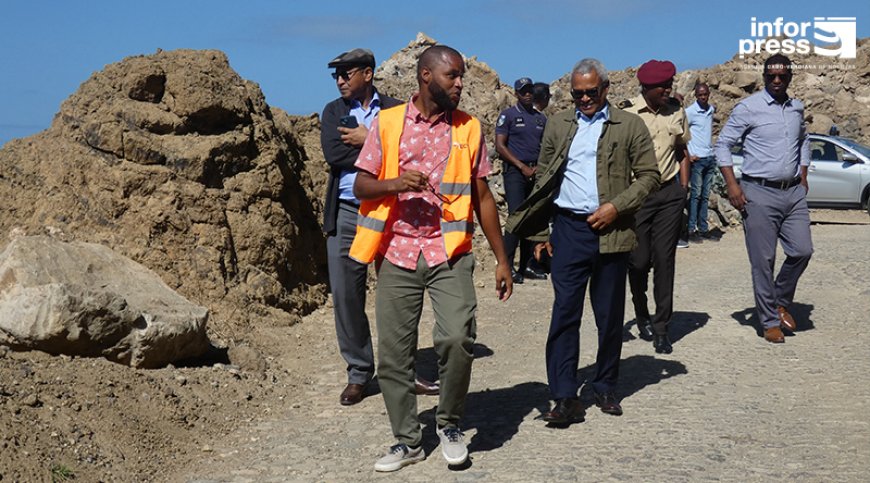
The President of the Republic told Inforpress today that the damage caused by the rockfall that left the town of Fajã d´Água, in Brava, isolated, “are enormous” and requires “a lot of work” to guarantee passage through this route.
After noting, on the ground, the situation caused by the landslide on the 21st and that has to do with the morphology of the island of Brava, José Maria Neves said that it is necessary to recognize the work that the national and local authorities have been doing, namely the Cape Verde (ECV) and all the government's effort to manage and guarantee the repair of the access road to Fajã d´Água.
Despite the works carried out, the head of state said that the road is “extremely dangerous and has precarious navigability conditions”, highlighting the effort and work that is being done to guarantee the exit of people through the pedestrian path, which, according to him, already it is a big effort that national and local authorities are making.
“Now we need to find a definitive solution. The Government is also considering this matter”, said the President of the Republic, indicating that the construction of an alternative road will also require large investment resources so that access to Fajã d ́Água can be guaranteed in a more durable way. which is a community with great potential for tourist development on the island of Brava.
The head of state recalled that the only access route to Fajã d'Água was built in colonial times, adding that it is “very dangerous” and that it will not have many conditions to work, unless big investments are made with large resources.
“The whole section near the area of Fajã d´Água needs intervention and they are very expensive interventions”, said José Maria Neves, adding that despite the attention that the Government and local authorities have given, it is clear that maintenance is difficult of this road.
In the words of the President of the Republic, specialists and geologists say that this road is doomed and that an alternative road is needed and the government is already studying this, hoping that a solution will be found as soon as possible.
The alternative route would be between Palhal and Esparadinha, in an extension of about four kilometers, with the Estradas de Cabo Verde (ECV) team carrying out a route and it is in line with what experts say is the best solution, he stressed.
The President of the Republic left a message of solidarity, noting that the visit of less than six hours is in the sense of being present and seeing the community and the dimension of the problems, underlining that there are problems linked to the tourism sector with private investments that exist and the people will lose, as well as primary and secondary school students who do not go to educational establishments.
"I leave a hug and recognize that the national and local authorities are making an effort to unblock the situation as quickly as possible", he said, adding that the important thing is this attention that the national and local authorities have given to the situation.
The Cape Verde road team that is on the island informed the President of the Republic that a team of surveyors is still arriving in Brava today to carry out a topographical survey of the surrounding area where the rock collapsed to define the work to stabilize the area, but also for collecting data on the construction of the alternative carriageway.
The collapse will have consumed more than 50 meters of the track and with a depth of 10 meters.
The president of the National Service of Civil Protection and Firefighters (SNPCB), Domingos Tavares, is also on the island of Brava, with the aim of investigating and analyzing the situation on the ground.
He said that the Regional Commander of the SNPCB was already on the island, together with the Estradas de Cabo Verde team for the preliminary survey and that they would produce a report to be able to define the steps to be taken, together with the Municipality of Brava, to minimize the suffering of the population of Fajã d´Água.
The pedestrian path is being built and the work is expected to be completed this weekend, but the problem of mobility in terms of vehicle circulation continues and the authorities are working to create the conditions to restore circulation.
Domingos Tavares said that Cape Verde, in itself, presents risks and recalled that on Wednesday there were earthquakes on the islands of Santo Antão and São Vicente, indicating that it is necessary to always be attentive and prepared to follow the advice of the authorities.
José Andrade, businessman in the hotel sector, with a venture in Fajã d´Água, spoke to the President of the Republic about the situation, noting that the population is aware that they live in a danger zone, adding that “the authorities must obligatorily think of a second alternative route to Fajã d´Água”.
“We would like to receive the PR on another occasion and not in this situation, but it is always good and it is normal that he is interested in our problems and difficulties. We hope to welcome you on other occasions”, he said.




